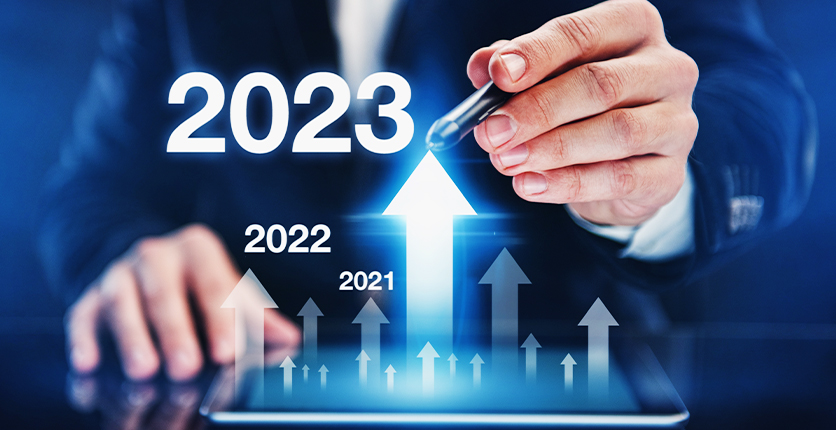Whether you’re new to investing or a seasoned investor, it helps to know what to expect in the year ahead and how economic and geo-political changes may affect what happens to your wealth.
Ow Tai Zhi, the co-founder and chief investment officer for AutoWealth, shares a few of his predictions for 2023 and offers advice on how to make the most of your investments.
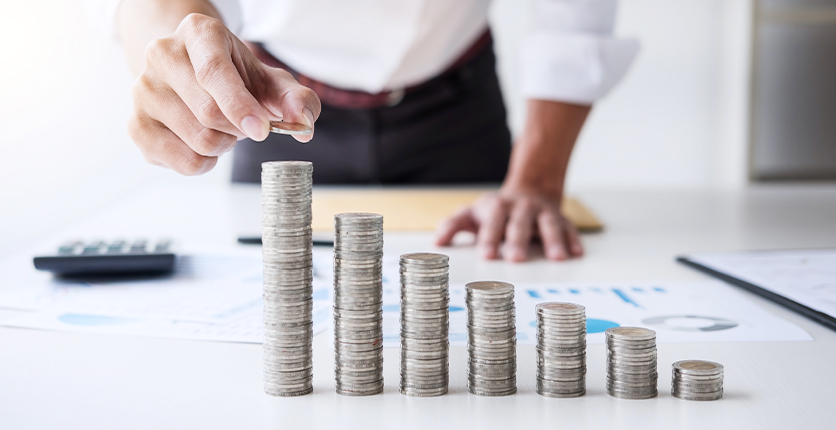
Q: What is the outlook for the investment market in 2023? Is it a good time to start or continue investing, should we proceed with extra caution, or should we hold back from investing at all?
Tai Zhi: With cooling inflation, slower rate hikes and increasing indications of an economic soft landing, we believe a market inflection (turning) point is on the horizon in 2023. As markets continue navigating past peak inflation, peak interest rates and peak volatility and bottoming out from the currently depressed valuations (price levels), investors playing to their strengths of discipline, patience and holding power will likely be well-positioned for extraordinary gains.
In short, if you have not started investing, start now. If you have already started investing, consider topping up your investments.

Q: Can you suggest what might be good to invest in right now? What would deliver the best value?
Tai Zhi: For a start, make sure your foundation — also known as “investment approach” — is strong. Market volatility will be common in 2023 as with most other years. Therefore, you should consider setting up a regular (recurring) investment plan. Regular investments are a disciplined way of investing over the long-term and they eliminate the hassle and emotional fear of trying to time the market. Making regular investments helps to smooth out these fluctuations by averaging out your cost of investment, leading to better returns.
The well-known American investor Warren Buffett once said, “We don’t have to be smarter than the rest. We have to be more disciplined than the rest.” If you have a regular investment plan, you have a more solid foundation towards good returns in 2023 and beyond.
In terms of asset allocation, both stocks and bonds will likely produce good returns in 2023 amidst the peak inflation and peak interest rate environment.
For conservative investors, geographical diversification will continue to be important as the US investment markets pull ahead, and the Chinese investment markets benefit from a policy shift from the previously harsh zero-Covid policy towards one supporting economic growth.
For risk-aggressive investors, growth stocks, which have a bias towards above-average earnings and future growth, are likely to perform better than value stocks, which have a bias towards undervalued, larger and more well-established companies.
Get more tips on how to build your wealth and achieve financial fitness.
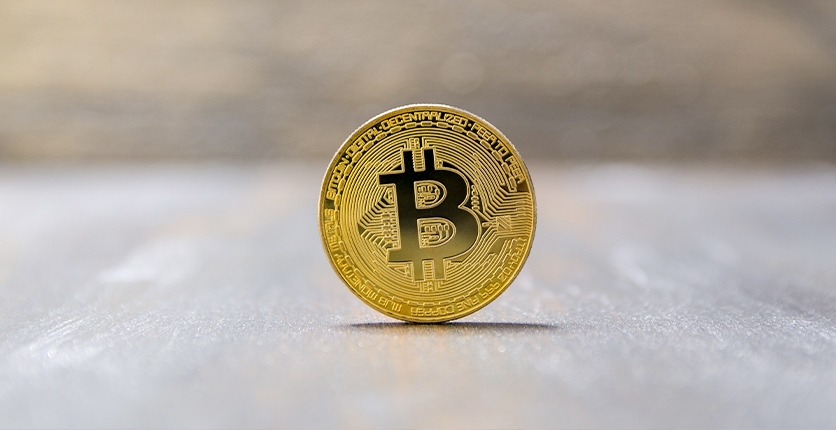
Q: What should we avoiding investing in this year?
Tai Zhi: Avoid cryptocurrencies in 2023 because the unravelling of major tokens and exchanges has yet to settle down. Additionally, cryptocurrencies are speculative in nature.
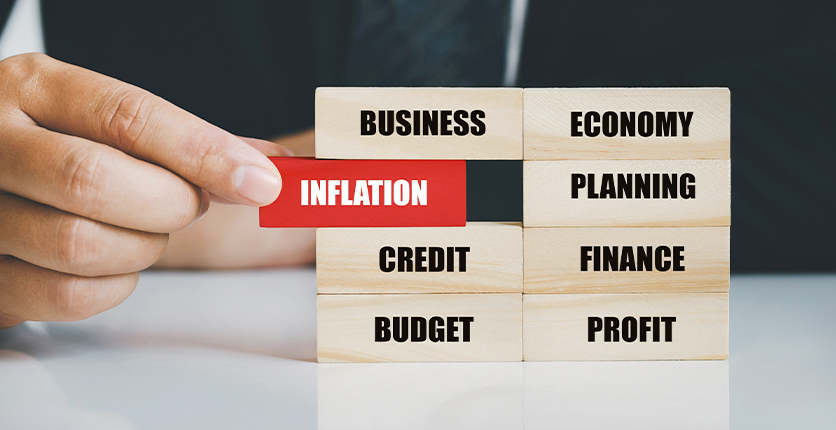
Q: Is there anything we should look out for this year which may affect our investments? For example, there’s talk of a recession and inflation doesn’t seem to be improving — should these factor into our decision to invest?
Tai Zhi: Almost 12 months into the Russia-Ukraine war, the initial uncertainty, fear and inflationary effect on energy and agriculture have gradually subsided. That said, there’s a very small chance that Russia, after having been pushed into a corner, may resort to its nuclear arms to sway the tide. The use of nuclear arms could escalate into a world war and have negative implications for global investment markets in the short term. We assign low probability to this worst-case scenario, but nevertheless as a prudent investor you should keep a close eye on the situation.
Market whispers of a recession and stagflation will likely fade further, given the persistently resilient labour market and economic data. There will likely be one or two, isolated and disappointing bits of economic data. But we expect the overall economic outlook to remain positive, which will be good for global investment markets.

Q: If I already have investments, is this a good year to reassess and/or restructure them?
Tai Zhi: It depends.
If you are holding on to investments with weak fundamentals (for instance, they’re characterised by poor earnings, obsolete businesses and troubled management), then 2023 is a decisive time to ditch them, restructure, and prepare to take your investments to greater heights.
But, if it’s not broken, don’t fix it. If your investment portfolio is well-constructed and remains robust, stay where you are and continue investing.
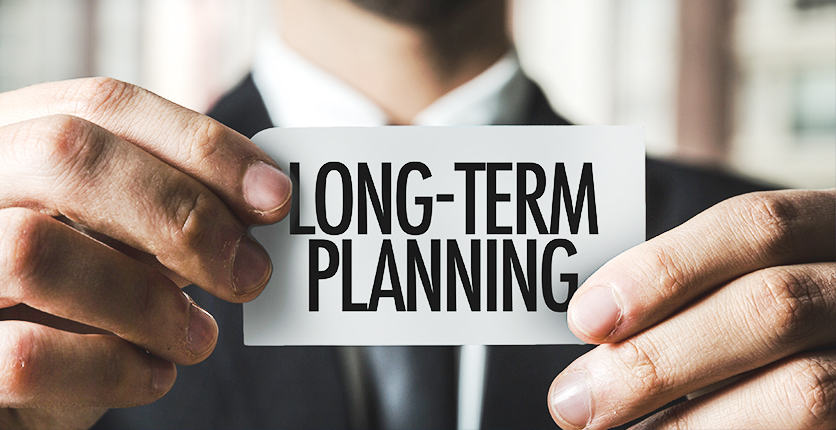
Q: If we’re looking ahead to the future, what would you consider to be the best long-term investments?
Tai Zhi: A portfolio of balanced and well-diversified global stocks and bonds will never go out of style. Government bonds are like the vegetables in a diet. They may be unexciting but they offer stable yield and protection. Stocks are like the protein in a diet. They give you energy and attractive returns when the macro environment is conducive, at least most of the time. A balanced diet keeps us healthy and happy.
If you are more experienced, have the risk tolerance and can stomach volatility, consider adding a small capital allocation to a basket of growth or technology stocks. We see a lot of interest from young investors in our Future 2050 portfolio, which focuses on the futuristic macro themes of technology changing our world and healthcare addressing the global ageing population and increasing longevity needs. These investors typically resonate well with technological innovations like Zoom calls, electric vehicles, Netflix videos-on-demand, biotech vaccines and telemedicine.
Find out how you can retire at 50 with the right planning and investments.
Q: Is investing something that only wealthy people can do, or can it be done with a modest amount of money, say $10,000?
Tai Zhi: Everyone needs to invest. Assuming a 6% rate of return for investments, it would take you 35 years to grow $500 of monthly contributions into a $720,000 retirement nest egg. At a 1% rate of return for a deposit account, you would take 78 years to achieve the same. This illustrates why it’s crucial to save and invest rather than rely solely on a bank account.
If you are new to investing or only have a small sum of money, you may want to consider using a robo-advisory platform such as AutoWealth. A robo-advisor tends to offer a hassle-free, guided journey to achieve good investment returns at a low cost for investors, with as little as $3,000 initial investment capital.
Want more articles like this, and other lifestyle content right in your inbox? Download the new SAFRA mobile app and opt in for the eNSman Newsletter – you don’t need to be a SAFRA member to subscribe – and never miss another story!


